
-
 Chord Hugo TT Chord Hugo TT
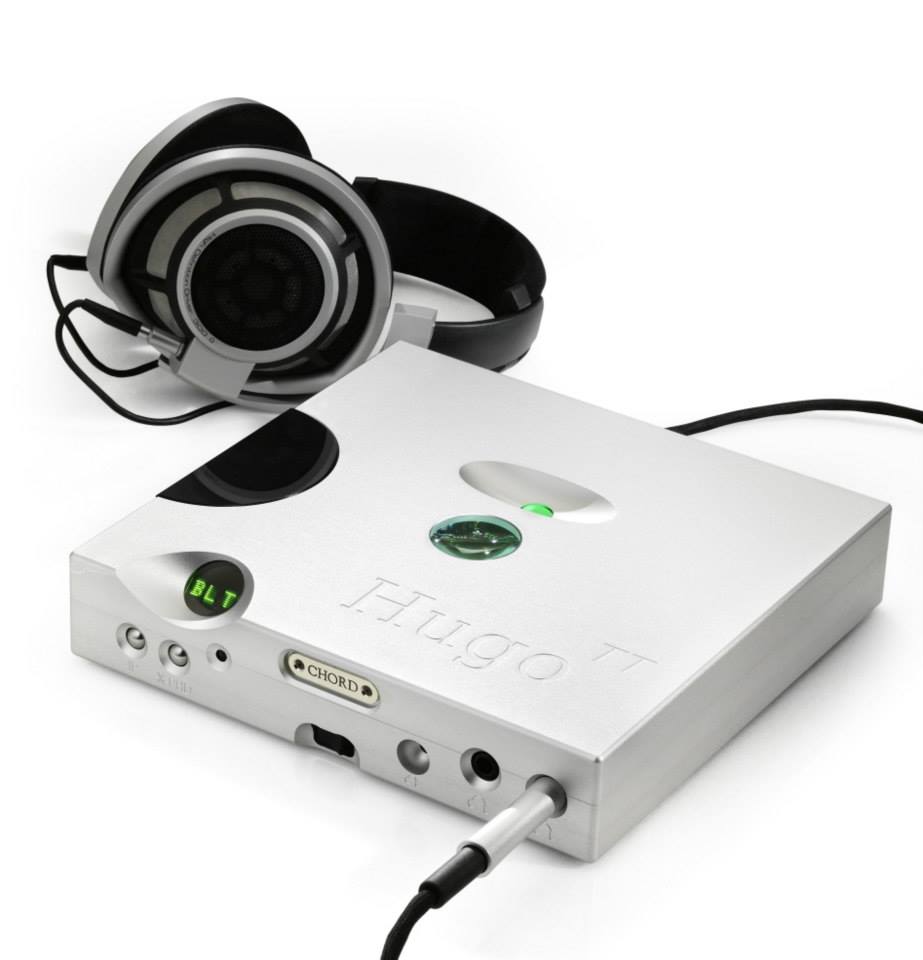
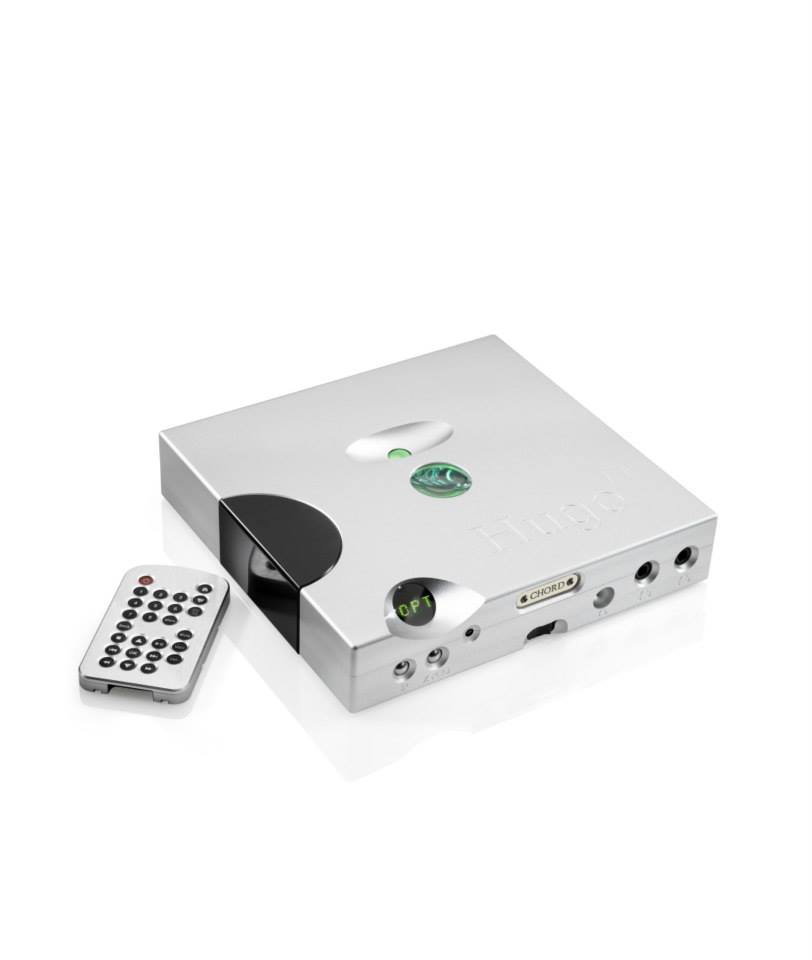
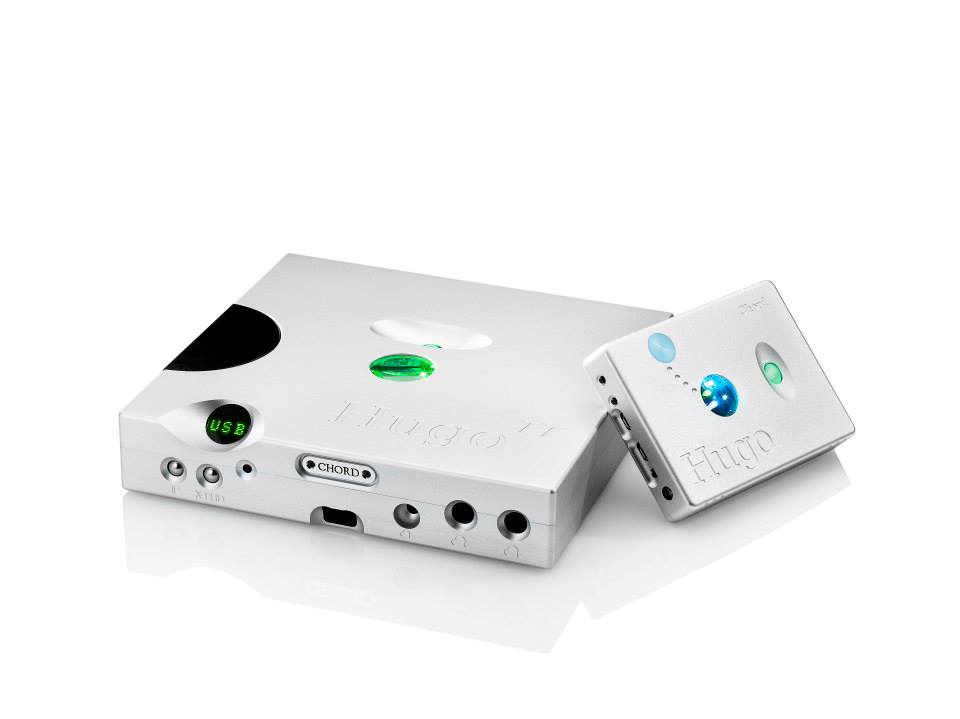
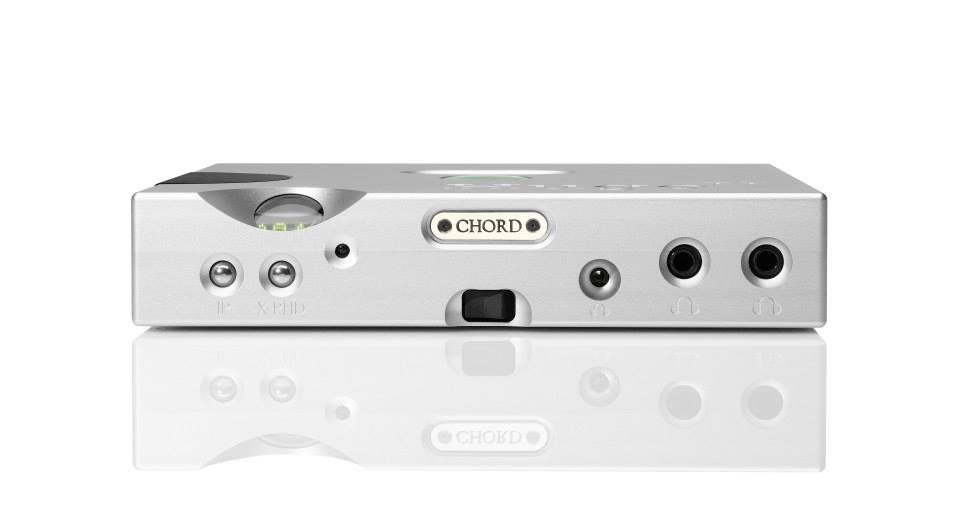
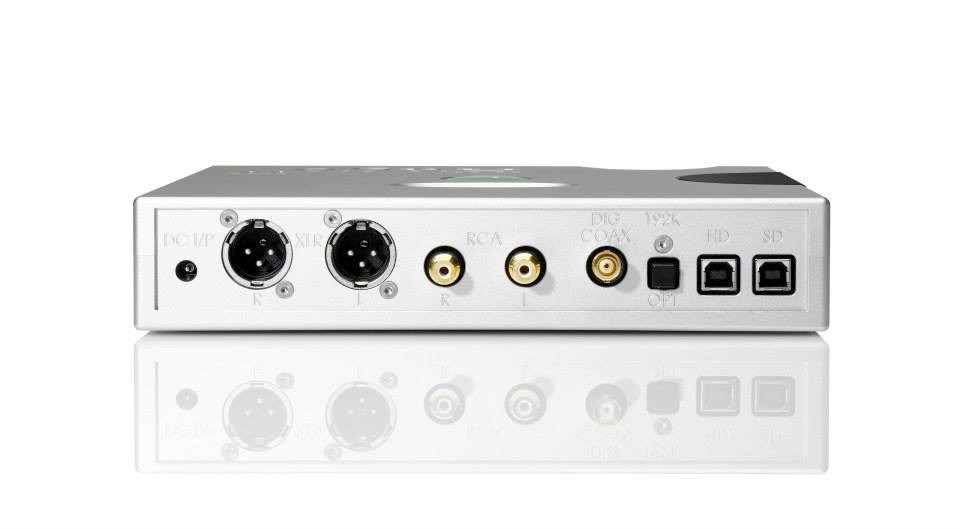
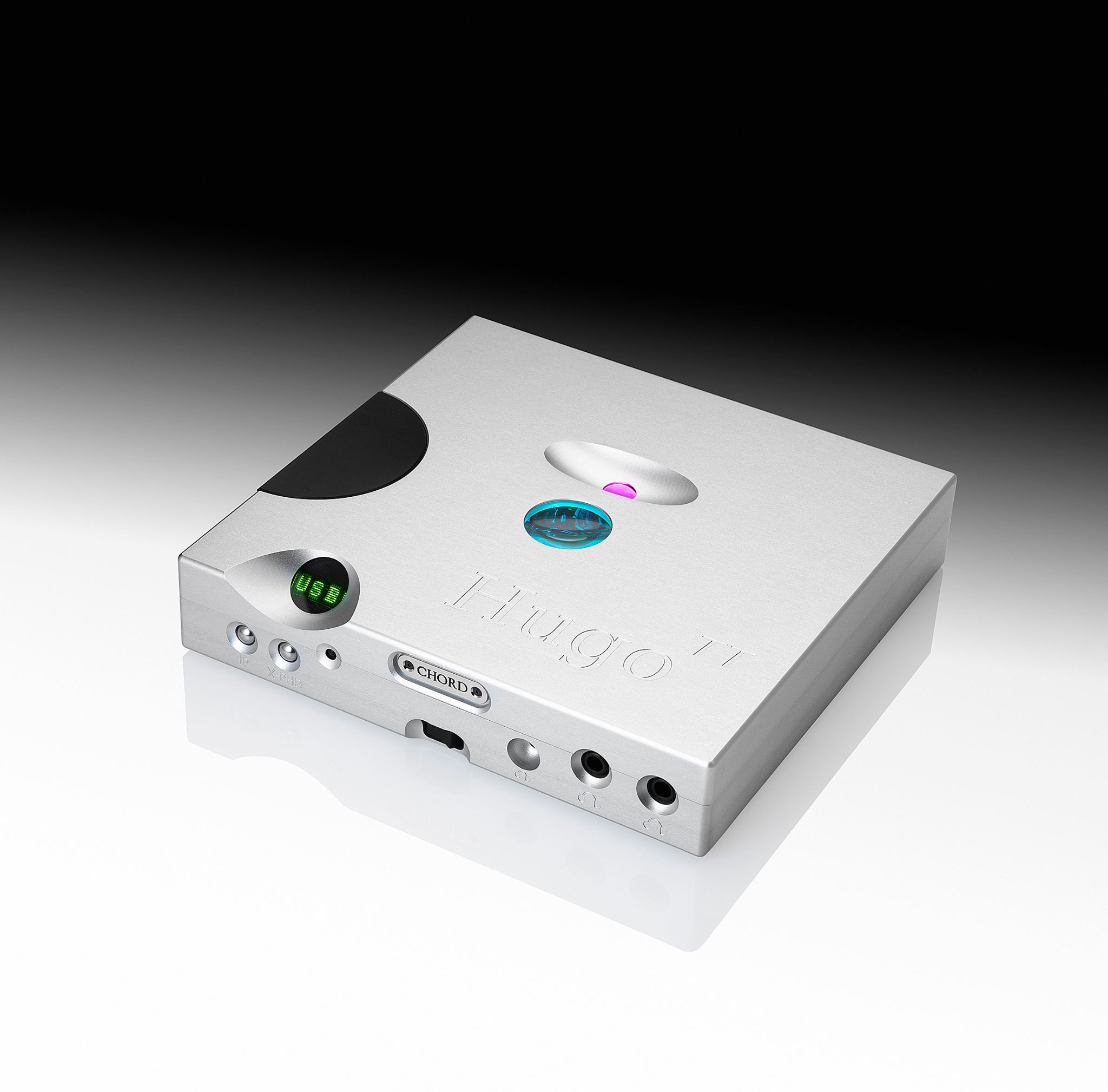
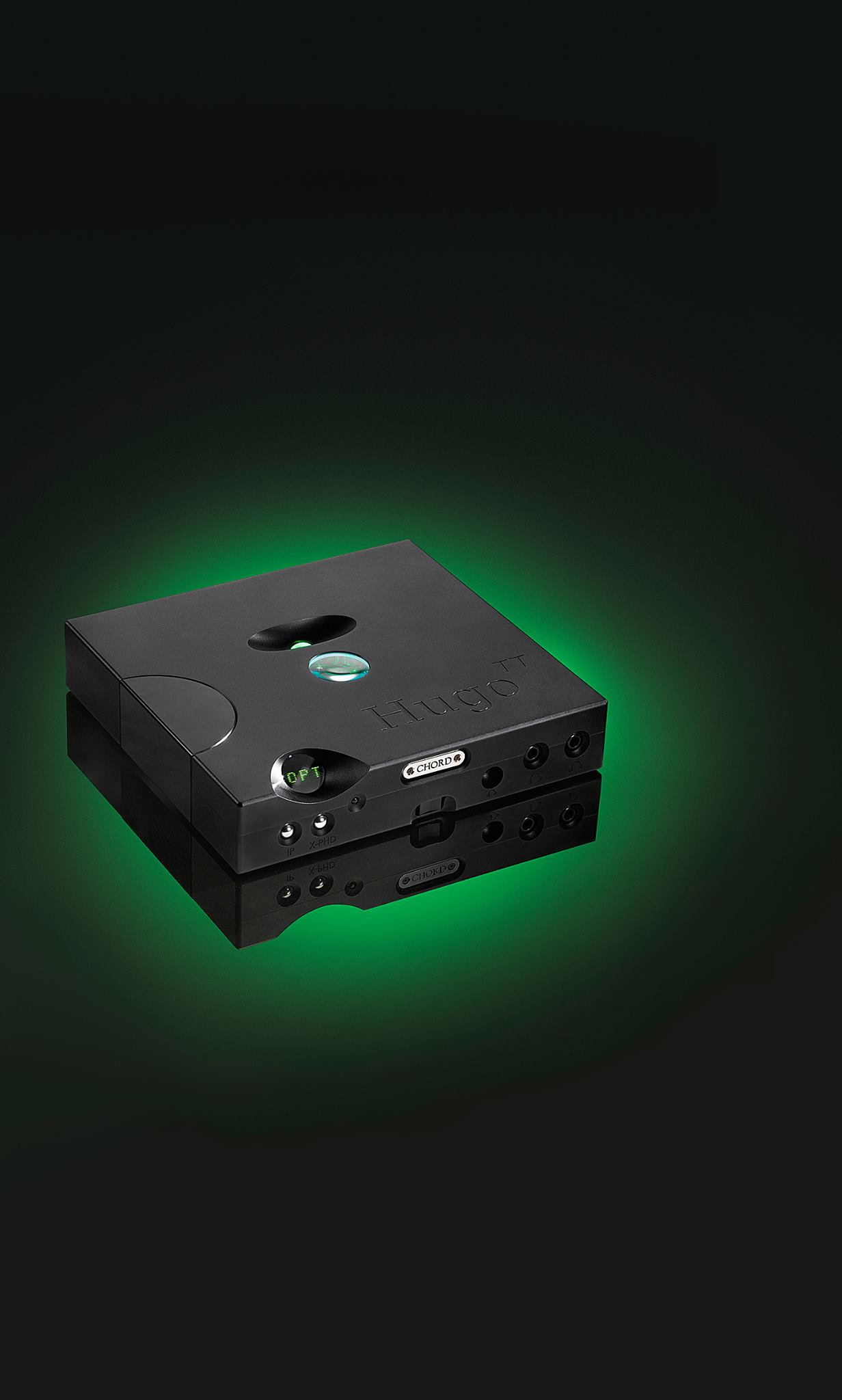
Hard to believe that it’s only been 12 months since the UK’s Chord Electronics formally launched the Hugo DAC (reviewed here) with which many audiophiles have since fallen in love. Now, only a year on, John Franks and co. are back with a bigger, badder take on the Hugo. This one’s called the Hugo TT because it’s intended for TableTops.
How did we get here?
The idea for the Hugo TT arrived when Franks realised that so impressed were people with the original Hugo’s sound quality that they were using it in main rigs as opposed to on the road as originally intended. Me? I think it’s one of the finest sub-$3k DACs I’ve heard to date. The Hugo’s sound quality more than qualifies its US$2500 sticker price but that it also rolls headphone listening and portability into the deal makes it an unassailable bargain.
Into the TT iteration comes fresh connectivity in the way of XLR outputs, two ¼” headphones outputs on top of a single 1/8″ socket, aBNC digital input and asynchronous USB reception, both with Type B socketry more common on ‘audiophile’-grade USB cables. Remember: the original Hugo ran with micro-USB inputs.
Then there’s a remote control for source selection and digital domain volume attenuation – kept honest by the same Xilinx Spartan 6 FPGA loaded with Chord’s custom code – and LED display to show settings. According to the press release the Hugo TT’s FPGA has “has the same specification and measured performance as its mobile sibling”.
But there’s more.
In surrendering portability, the Hugo TT has been designed to run continuously from the supplied wall charger. However, the battery has been doubled in size and is now ameliorated by 10,000,000 uF of supercapacitors providing greater power storage potential than the standard capacitors found in the original Hugo. The Hugo TT packs a power supply double act about which Franks says, “We use them (supercapacitors) in the same way that Formula 1 racing cars use them: they give the batteries more time to ramp up their chemical action, extending battery life as well as improving dynamics and a providing a faster response to demanding transients.”
(Keener observers will know that Vinnie Rossi’s forthcoming LIO amplifier will also deploy supercapacitors).
This new internal circuit regime was reportedly only possible with the Hugo TT’s larger chassis. All of this points to a potentially superior sounding product and so it should: the Hugo TT will sell for £2950.
Exactly a year after it introduced the portable Award-winning Hugo DAC/headphone amp, Chord Electronics has now expanded the Hugo range with a better equipped desktop version.
The desktop Chord Hugo TT features improved connectivity and performance, a remote control, alphanumeric LED display and an asynchronous USB-B digital input. It costs £2995 in the UK.
There's support for up to 32-bit/384kHz audio via coaxial and USB, and 24-bit/192kHz over optical, as well as DSD64 across all inputs and DSD128 via coaxial or USB.
Additional features over the original Hugo (£1400) include two XLR outputs, two 1/4in headphone outputs (in addition to a 3.5mm headphone jack), upgraded coaxial and optical digital inputs, a new larger chassis and supercapacitors.
For those who want to stream music wirelessly through the device, there's A2DP aptX Bluetooth capability provided by a custom-made module.
http://www.chordelectronics.co.uk/
-
 發文規則
發文規則
- 您不可以發表新主題
- 您不可以發表回覆
- 您不可以上傳附件
- 您不可以編輯自己的文章
-
討論區規則
|














